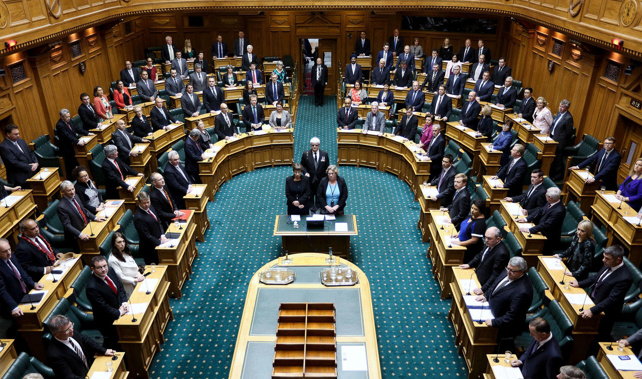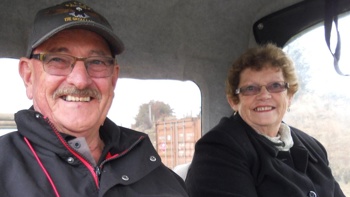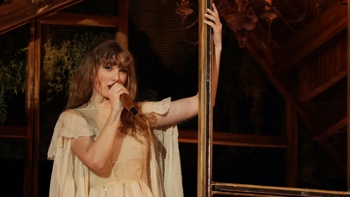
COMMENT:
Parliament's rarely seen the likes of it.
Across the ideological divide, with the exception of the irritant Act, they all agreed to rid the country of firepower which has no place here.
In fairness Act leader David Seymour wasn't opposed to ridding the country of the weapons, he was just opposed to the haste with which it's been done.
Sure it was anti-democratic, denying legitimate gun owners the right to have a say in a meaningful way.
But it was a no-brainer, these semi automatic military style weapons and the equipment that can simply be used to turn a rifle into one, are offensive.
The political accolades to act as swiftly as they have are richly deserved.
But to do anything less given the Mosque massacre in Christchurch on March 15 would be an abdication of government.
The fact that action wasn't taken after the 1990 Aramoana massacre which left 13 dead, was according to John Banks, the Police Minister for a fortnight at the time, the missed opportunity of the 1990s.
Banks says it was the greatest disappointment of his political life that the same weapons used by the Christchurch gunman weren't banned then.
He was unable to convince his rural and provincial colleagues that semi automatics should be outlawed and says he told his caucus at the time they'd live to regret it.
/arc-anglerfish-syd-prod-nzme.s3.amazonaws.com/public/CZXZTQQOL5DWPBPUDD5IXOJTWE.jpg)
The ugly truth is we now all have.
The Governor General's Royal stamp of assent on the gun ban tomorrow will hopefully make this country the place that we, somewhat naively, thought it was.
Now the job of getting the weapons handed in begins and the owners of the now illegal guns have until the end of September to hand them over.
Failure to do so could see them liable to five years in jail.
Cleansing the country won't be cheap.
The Government initially said it'd cost up to $200 million to compensate the owners who had a licence to buy them.
But without a gun register they simply don't know how many weapons are out there so they can only guess as to how much it's going to cost.
In Australia two buy-back schemes, the first after the Port Arthur massacre which left 35 dead in 1996, and the second in 2003 cost just under $640 million.
Still there are an estimated 260,000 unregistered guns, including ten thousand handguns, in the hands of gangs and other criminals.
Running alongside the buy-back scheme here will be an amnesty for guns obtained illegally which can be turned in, no questions asked.
But they obviously won't be compensated so clearly many of them will still be out there somewhere.
But if Australia's anything to go by we can at least rest a little easier.
Gun deaths there fell from 2.9 per 100,000 people to 0.9 by 2016.
Take your Radio, Podcasts and Music with you









